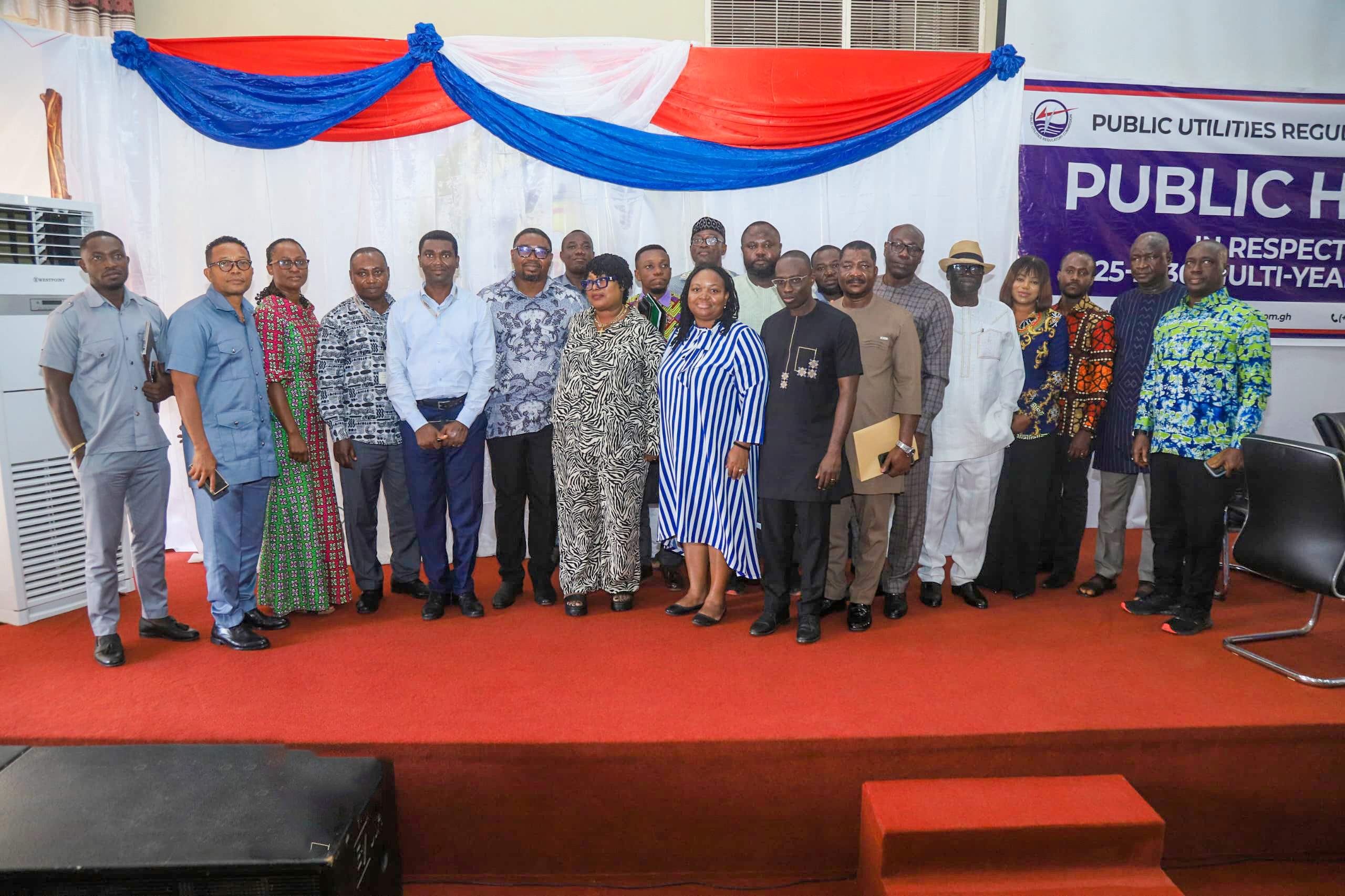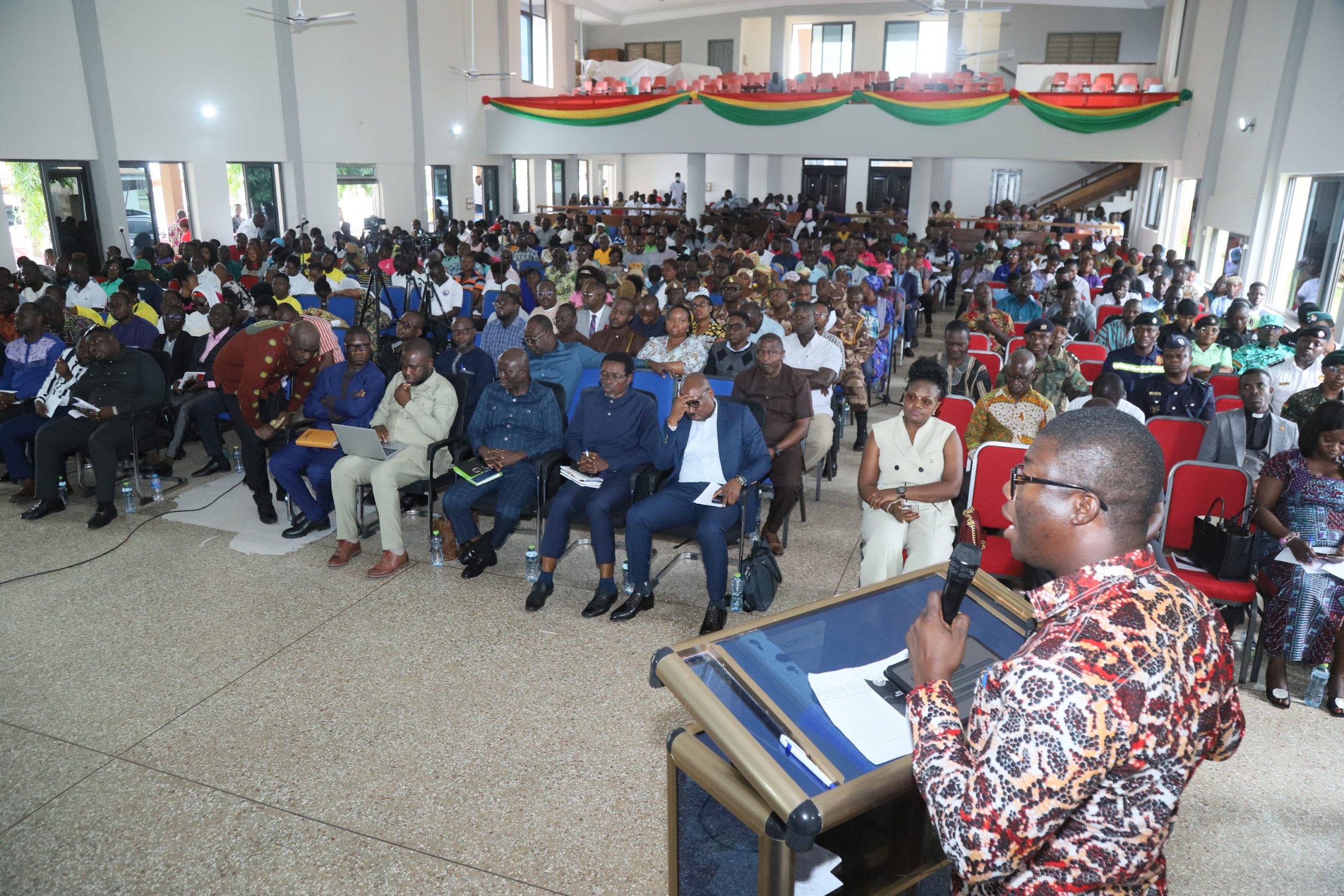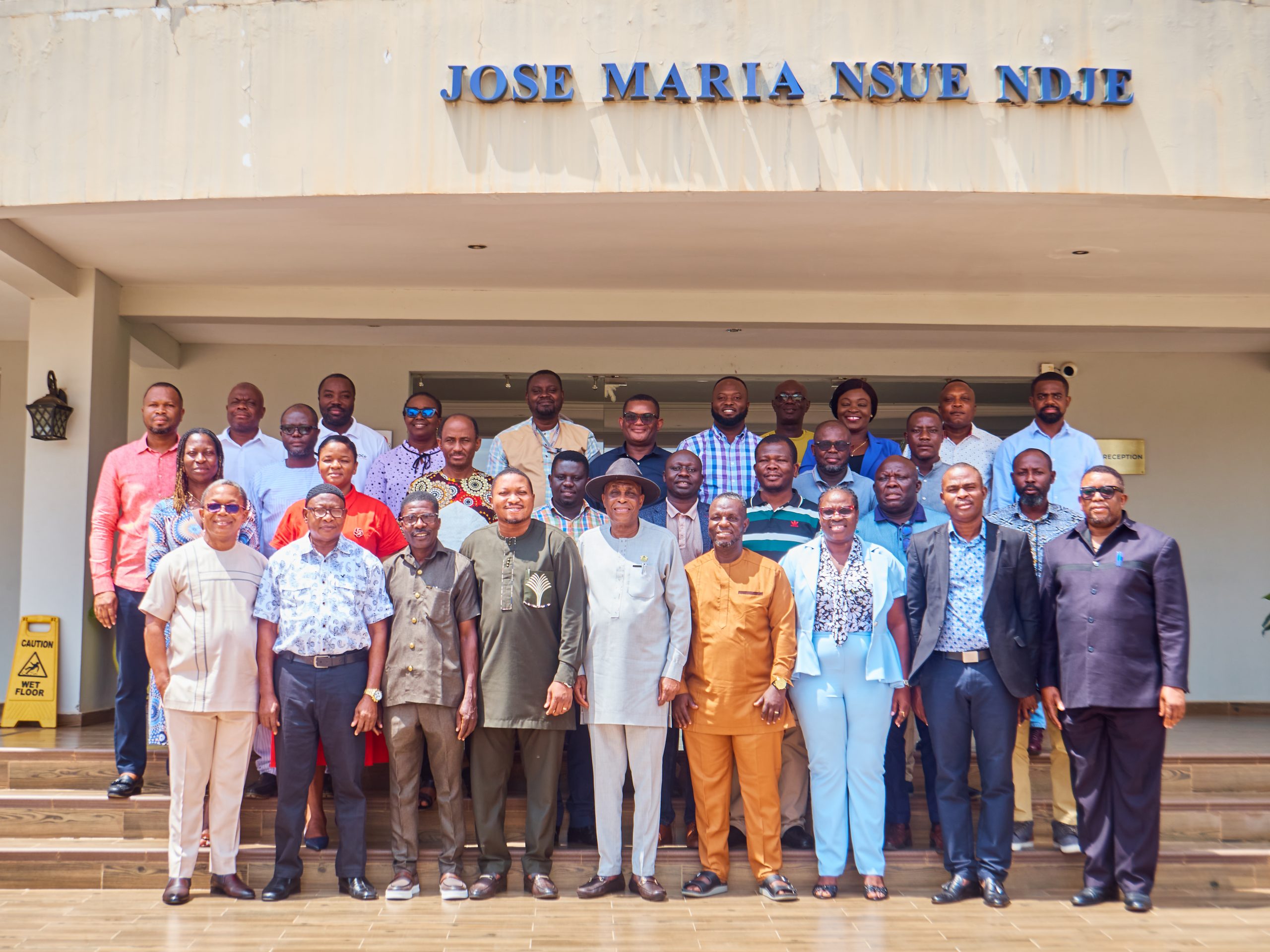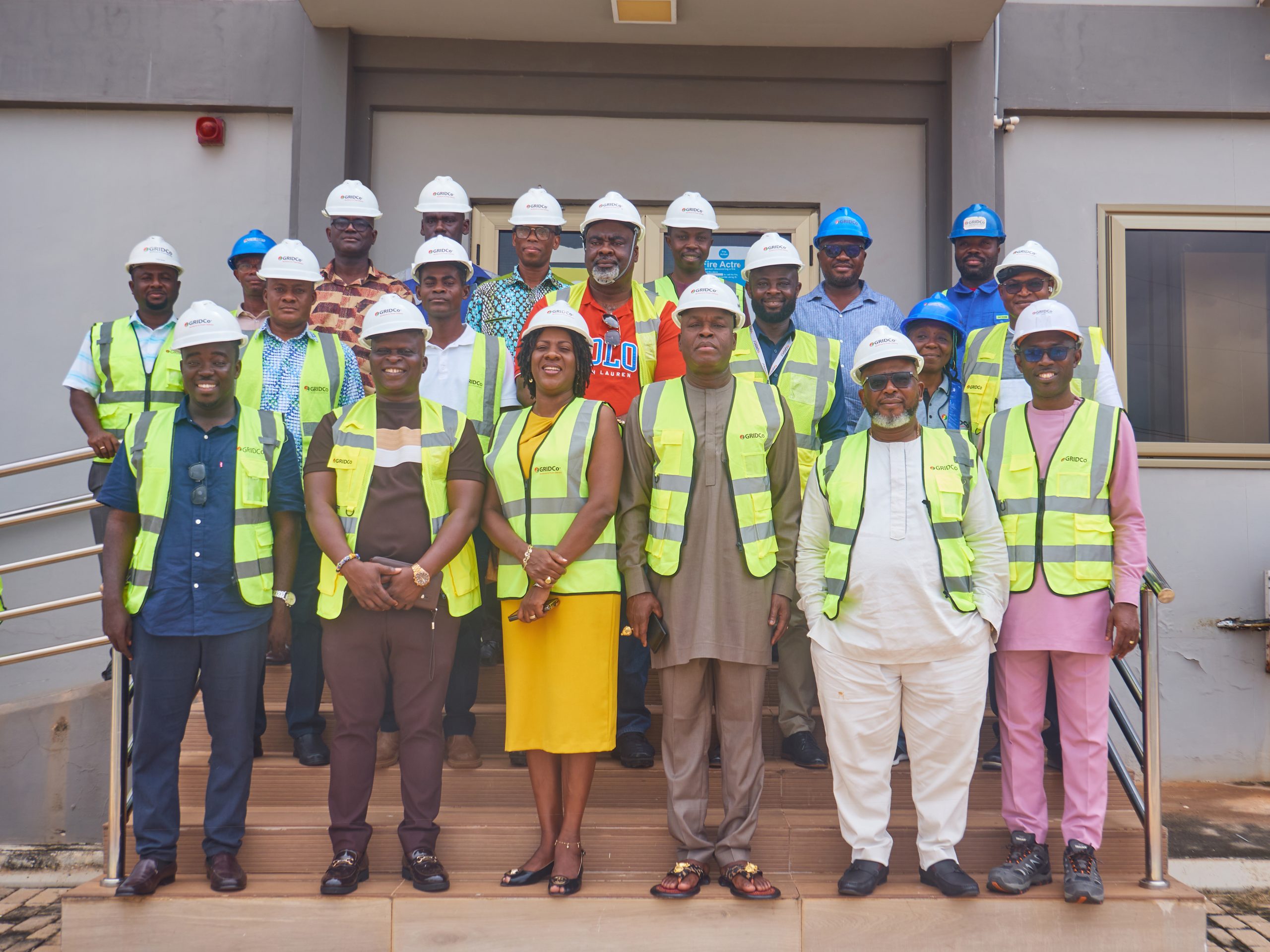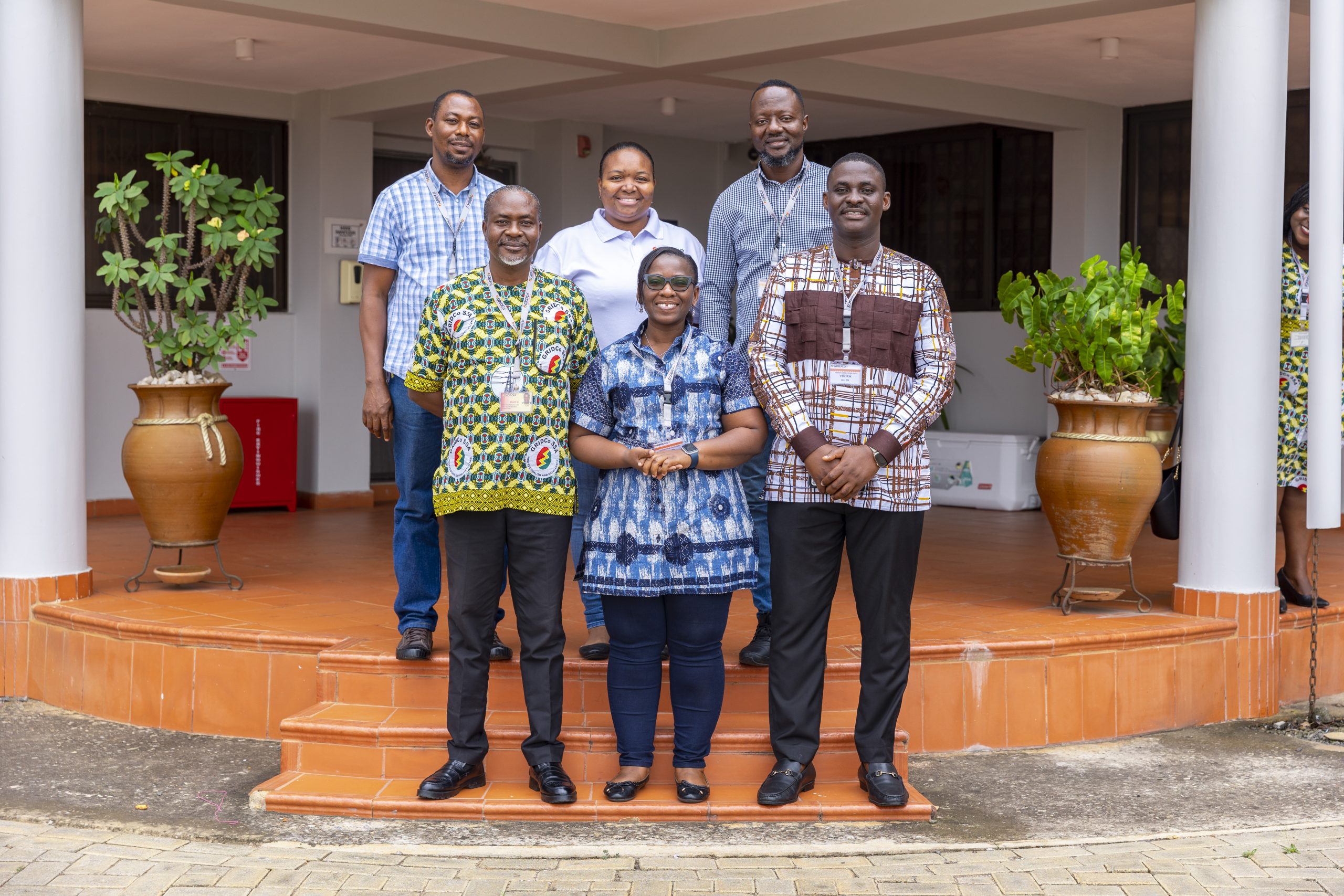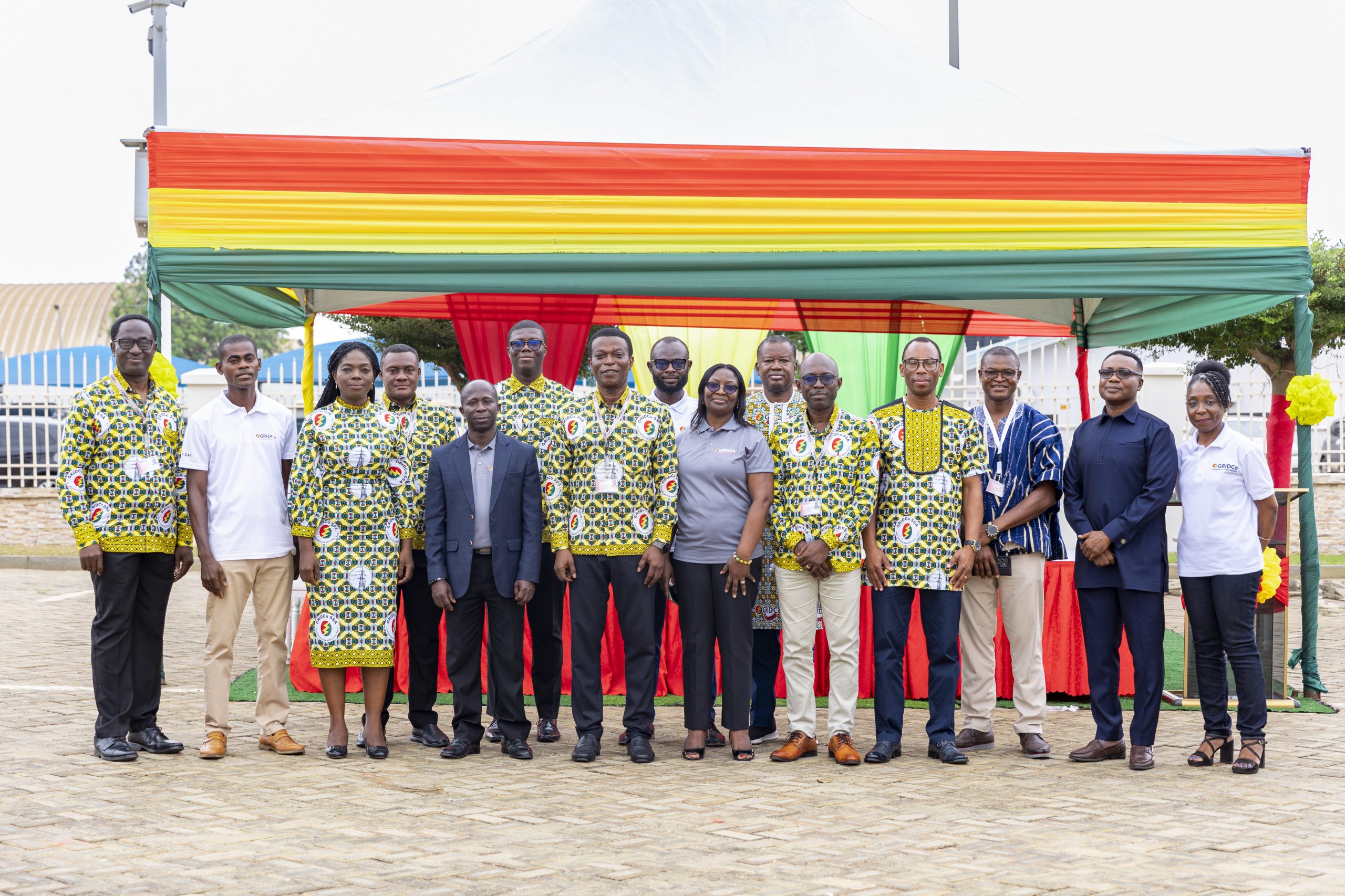The Public Utilities Regulatory Commission (PURC) has been on a nationwide mission to deepen transparency, accountability, and stakeholder engagement in the ongoing 2025–2030 Major Tariff Review process. Through a series of Regional Public Hearings, the Commission is ensuring that every Ghanaian – from policymakers and industry players to consumers and traditional leaders – understands the basis for the proposed tariff adjustments by the country’s key utility providers.
At each engagement, the GRIDCo, alongside the Volta River Authority (VRA), the Electricity Company of Ghana (ECG), and the Ghana Water Company Limited (GWCL), presented its case before a cross-section of stakeholders, explaining the factors underpinning the tariff proposals and how these adjustments will sustain efficient service delivery across the country.
The regional hearings, held in in the Volta, Western, Ashanti and Northern Regions [namely, Ho, Takoradi, Kumasi and Tamale respectively], drew diverse audiences comprising Civil Society Organisations, traditional authorities, academia, industry, and the media. In each region, GRIDCo reiterated its mandate to ensuring the reliability, stability, and resilience of the National Interconnected Transmission System (NITS) – the critical backbone of Ghana’s power supply chain.
At the Volta Regional Public Hearing in Ho, GRIDCo was represented by Mrs. Linda Baah, Manager, Market Operations, supported by Ing. Job Aziaku, Area Manager, Akosombo; Mrs. Ivy Abbey, Market Operations and Ms. Nadia Bedi-Tsatsu, Corporate Communications. Presenting GRIDCo’s proposal, Mrs. Baah explained that the Company is seeking a new transmission tariff of 12.97 pesewas per kWh for the 2025–2030 tariff period – a 77% increase over the 5.9 pesewas per kWh approved for the 2022–2024 cycle.
She highlighted three key justifications for the proposed adjustment, which is the expansion of transmission facilities to meet Ghana’s growing electricity demand; funding for maintenance works to ensure continued reliability and stability of the NITS; and building investor confidence by demonstrating financial viability and transparency in operations. Mrs. Baah cited successful projects from the previous tariff cycle as proof of GRIDCo’s prudent management of approved funds, noting that upcoming projects under the new tariff will further strengthen the NITS and enhance power delivery nationwide.
At the Western Regional Hearing in Takoradi, GRIDCo once again outlined the importance of investing in transmission infrastructure to meet increasing power demand and safeguard supply reliability. The GRIDCo delegation, led by Ing. Mrs. Linda Baah included Ing. Solomon Mensah, Area Manager, Takoradi; Richmond Adjei and Anthony Amuzu of the Takoradi Area; Ivy Abbey, Market Operations; and Ms. Ruth Abanga, Corporate Communications. Mrs. Baah reaffirmed the proposed 12.97 pesewas per kWh tariff, stressing that the adjustment will equip GRIDCo with the necessary financial resources to expand and modernise the transmission network, improve voltages, and address system bottlenecks.
She highlighted critical projects such as the Anwomaso AKSA Transmission Project, designed to stabilise supply within the Ashanti and middle belts, and the CENIT Reinforcement Project, aimed at improving power flow efficiency within the southern network corridor. Both projects, she said, demonstrate GRIDCo’s commitment to enhancing grid resilience and supporting Ghana’s industrialisation agenda. The hearing, attended by traditional leaders, consumers, and civil society, concluded with an interactive session, where participants commended the PURC and the utilities for an open and transparent process.
In Kumasi, the discussions continued at the Prempeh Assembly Hall, where Mr. Samuel Kow Acquah, Acting Director of Corporate Strategy, delivered GRIDCo’s presentation on “The Rationale Underpinning Tariff Submission”, “Key Tariff Assumptions”, and “PURC-Approved Critical Short-Term Investments”. He emphasised that GRIDCo will require approximately USD 1 billion over the next five years to replace, expand and upgrade the transmission network to accommodate Ghana’s rising electricity demand and improve voltage stability, especially in regions such as Ashanti. The proposed 12.97 pesewas per kWh tariff, he explained, is necessary to sustain maintenance operations, ensure system reliability, and enhance investor confidence.
Mr. Acquah also highlighted ongoing works on the Anwomaso AKSA Project, which is expected to significantly boost voltage stability in the Ashanti Region, and the CENIT Network Upgrade, which enhances transmission capacity and reliability across southern Ghana. Stakeholders at the event shared candid views about energy challenges, urging utilities to reduce system losses and intensify efforts against illegal mining (galamsey), which continues to affect water and power infrastructure. The event was graced by Daasebre Kofi Asante Mensah III, Paramount Chief of Sabronum, representing Otumfuo Osei Tutu II, the Asantehene, Ing. Peter Acquah, Area Manager; Mr. Ibrahim Saani; and Ms. Joana Ohui Tetteh, Corporate Communications.
The Northern Regional Hearing in Tamale, Bolga, and Wa marked another important stop in PURC’s nationwide engagement. Mrs. Linda Baah, during her presentation reiterated the Company’s mandate to delivering reliable transmission services and maintaining the robustness of the NITS. Mrs. Baah stressed that the proposed tariff adjustment will allow GRIDCo to sustain ongoing expansion and maintenance projects, especially within the northern transmission corridor, where growing demand requires network reinforcement. She assured stakeholders that GRIDCo remains committed to investing approved revenues prudently to guarantee value for money and strengthen operational reliability. Other team members present during the engagement was Ing. George Adune, Manager, Tamale Area, Ing. Nelson Awotwe, Mrs. Ivy Abbey, and Ms. Celestina Asigri.
Across all Regions, GRIDCo’s message has been clear and consistent: a strong and reliable transmission network is the foundation of Ghana’s energy security and economic growth. Through the proposed 2025–2030 tariff adjustment, GRIDCo aims to reinforce the National Interconnected Transmission System (NITS), upgrade and construct new substations to support growing demand, introduce automation and innovative initiatives for smarter grid management, and strengthen maintenance and asset renewal programmes for sustained efficiency.
The PURC, for its part, endorsed its obligation to ensuring that stakeholder feedback gathered from the regional hearings will inform the final tariff determination. The goal, as emphasised by the Commission, is to achieve cost-reflective tariffs that balance consumer welfare with the operational sustainability of Ghana’s utility providers.
===
The Public Utilities Regulatory Commission (PURC) was established in October 1997 under the Public Utilities Regulatory Commission Act, 1997 (Act 538). Its key functions include, to; Safeguard the interests of both consumers and utility service providers; Oversee and enforce performance standards in the delivery of utility services; Encourage fair competition among public utility providers as well as handle complaints and resolve disputes between consumers and utility companies.
